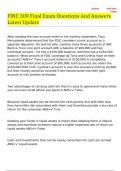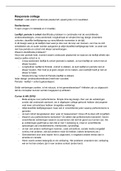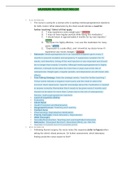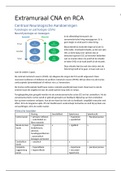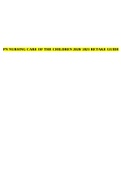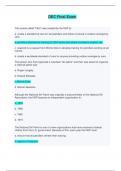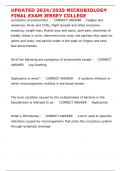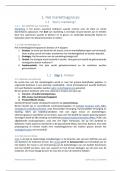Lecture notes
Lecture notes Research Methods for Teacher Inquiry (X100)
- Institution
- University Of Derby (UoD)
This document has all the notes needed for Research Methods for Teacher Inquiry. It covers the definitions of Ontology and Epistemology. It explains what qualitative and quantitative is and how this can be conducted in research.
[Show more]




